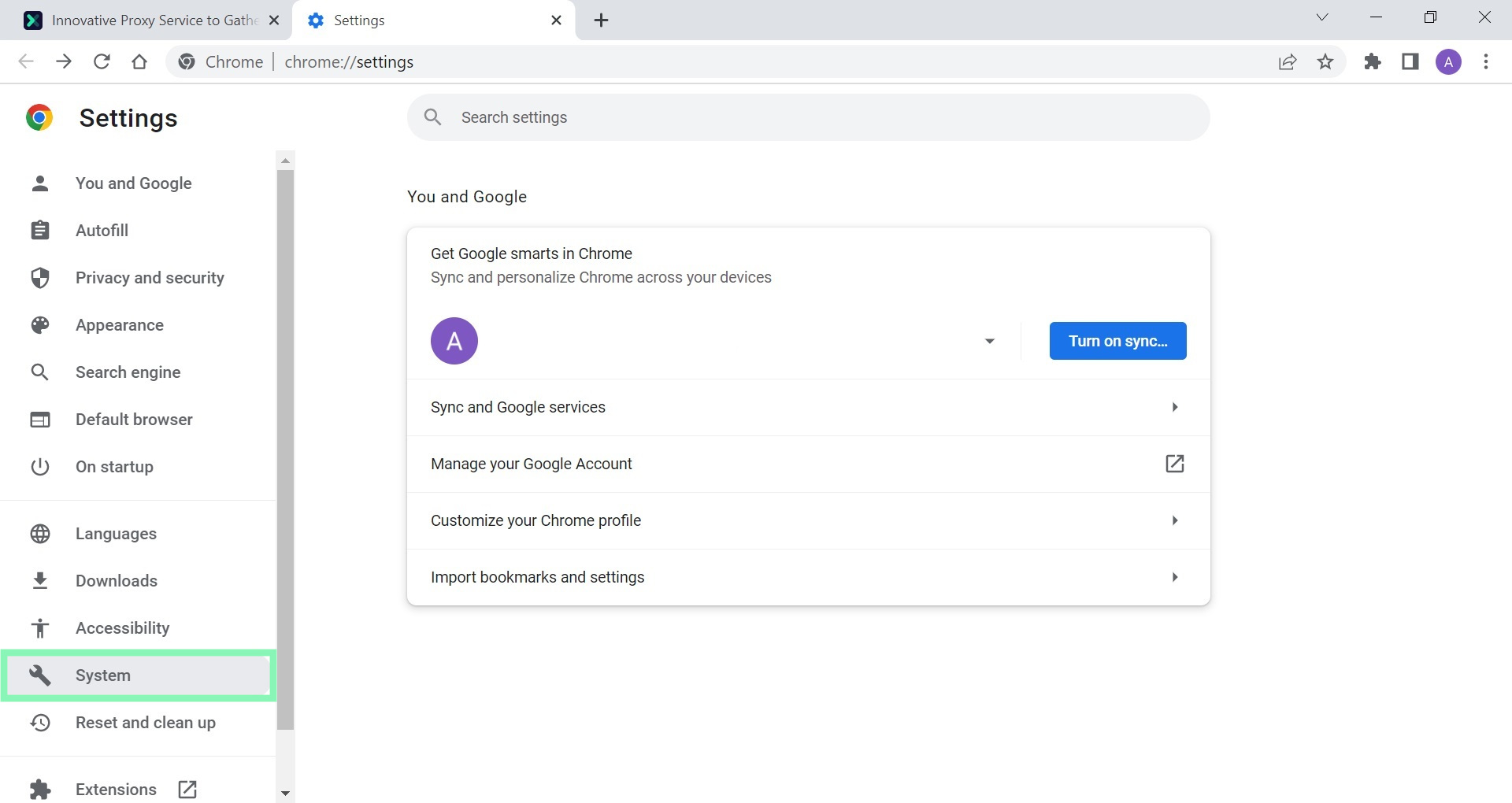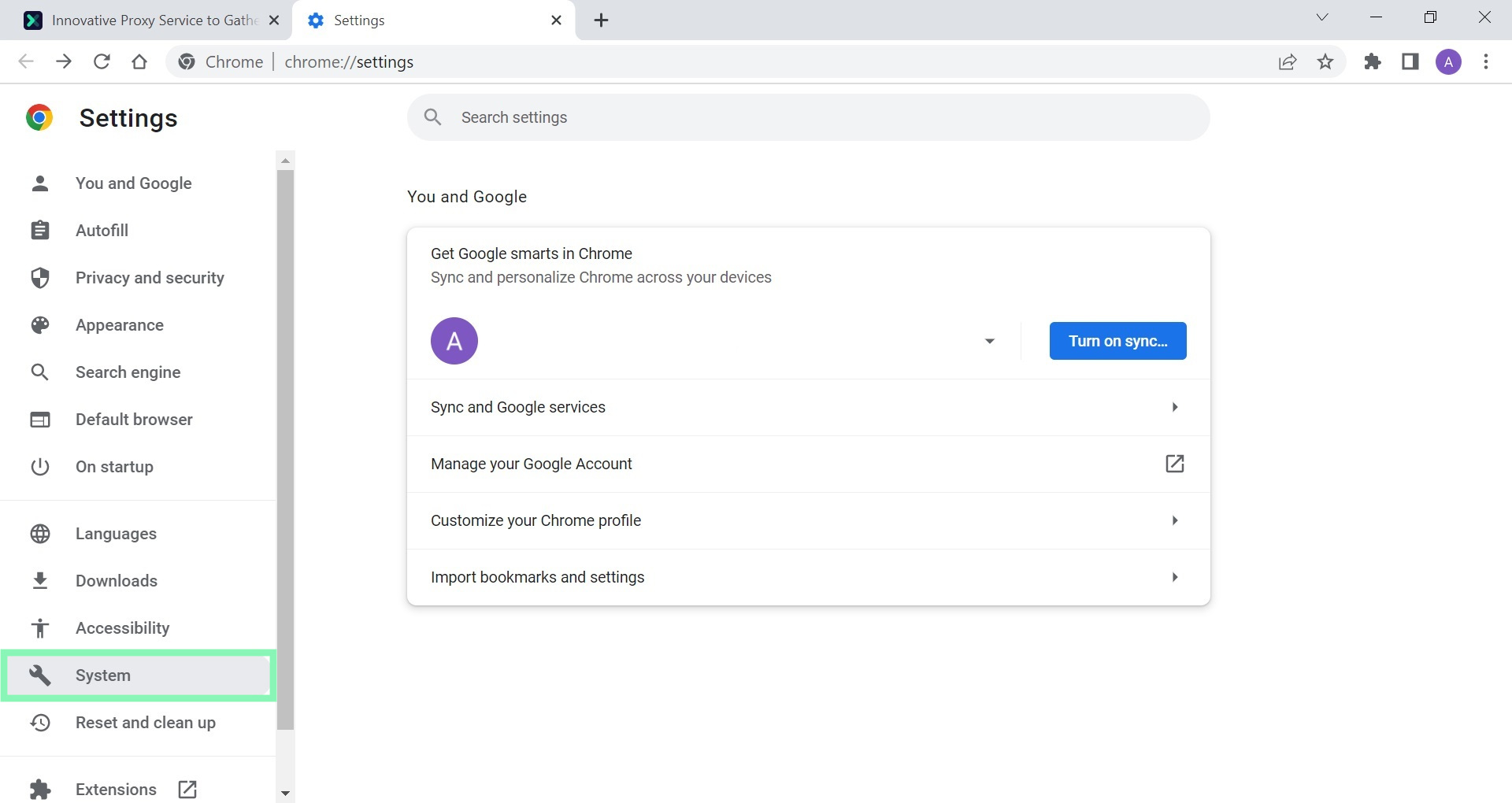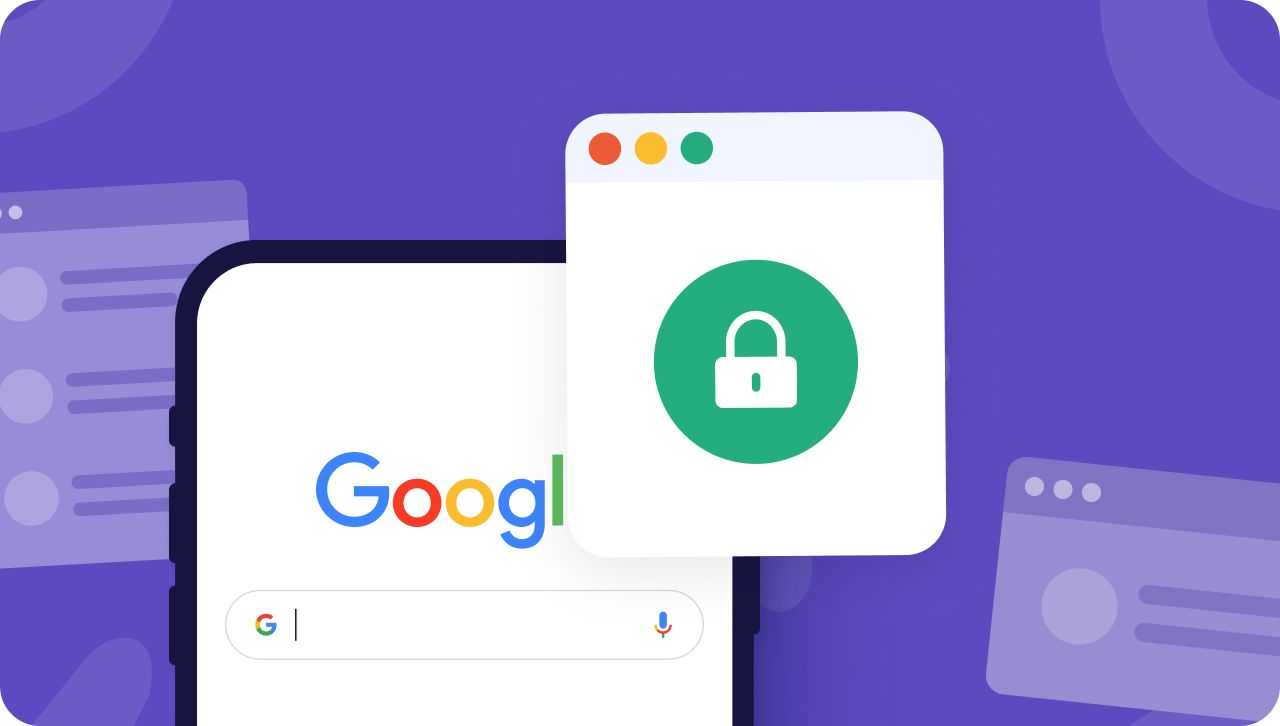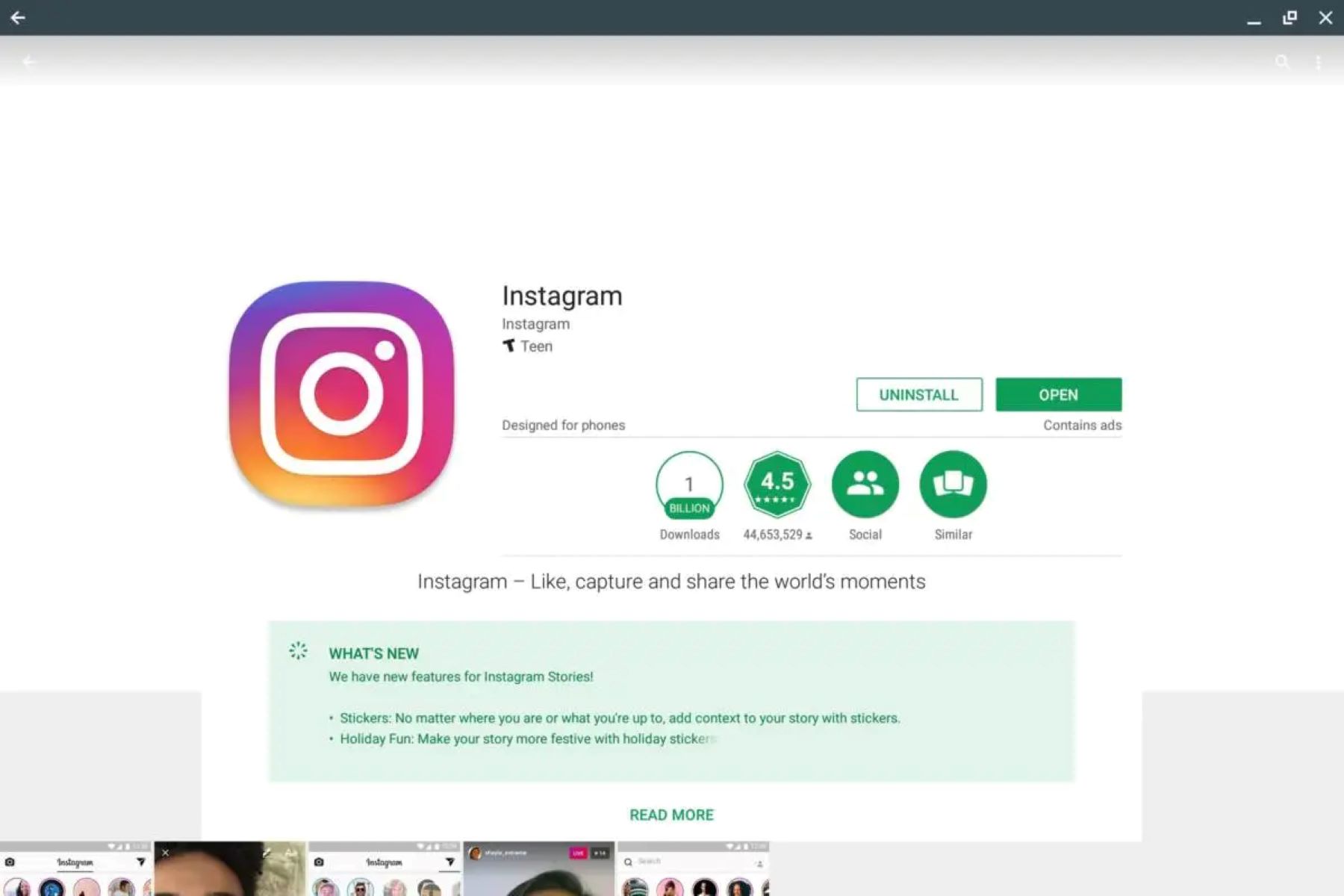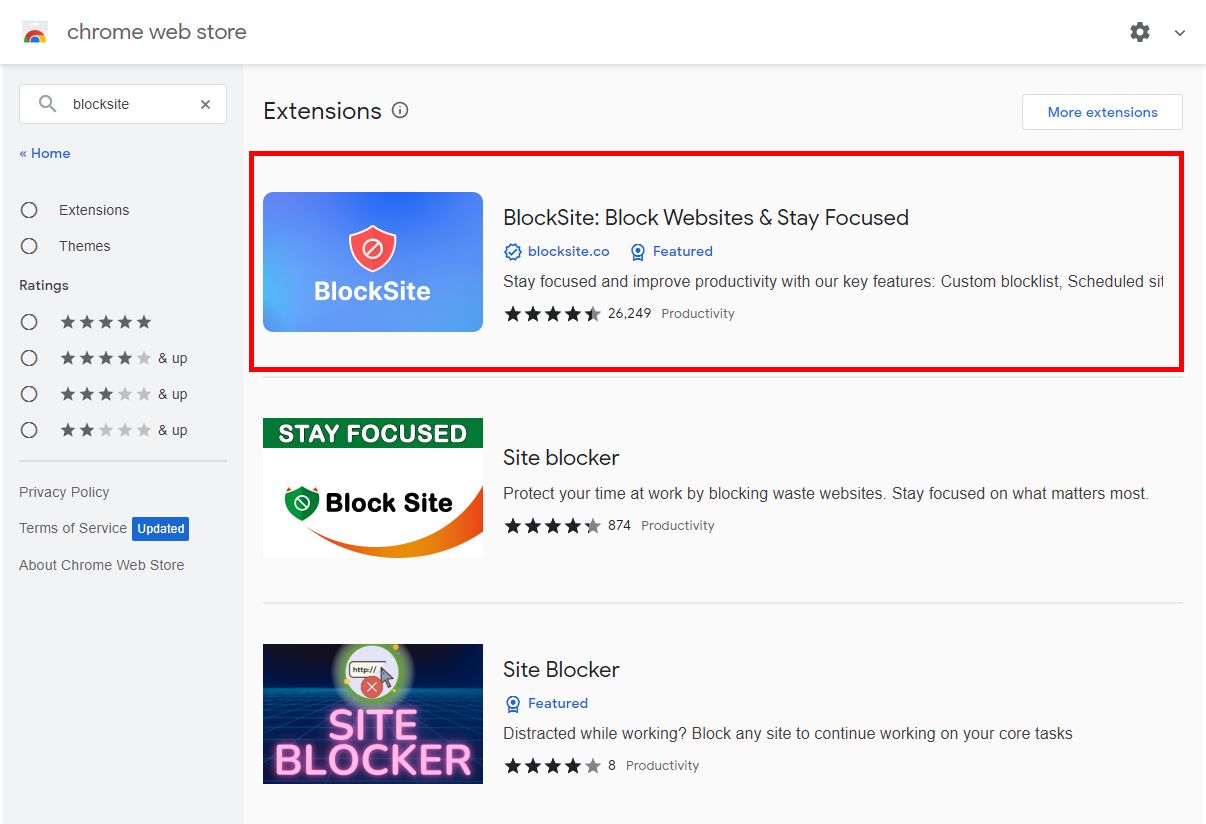What is a Proxy?
A proxy acts as an intermediary between your device and the internet. When you connect to the internet through a proxy server, your web traffic is routed through this server before reaching its destination. This means that the websites you visit will see the IP address of the proxy server instead of your actual IP address. Essentially, a proxy server acts as a middleman, masking your true identity and providing various benefits, depending on how it's used.
There are different types of proxies, each serving specific purposes. For instance, a web proxy is primarily used for accessing web pages, while a SOCKS proxy is designed for routing any type of traffic, including email and file transfers. Additionally, transparent proxies are used to enforce web access policies, while anonymous proxies conceal your IP address from the websites you visit.
In essence, a proxy server facilitates indirect connections between devices and the internet, offering a layer of anonymity and security. It can also be employed to bypass geo-restrictions, enabling access to content that may be limited based on geographical location.
Understanding the concept of a proxy is crucial for anyone seeking to enhance their online privacy, security, and accessibility. By leveraging the capabilities of a proxy server, users can enjoy a range of benefits, from safeguarding their personal information to accessing region-locked content.
Why Use a Proxy on Chrome?
Using a proxy on Chrome can offer a multitude of advantages, making it a valuable tool for various online activities. Whether you're concerned about privacy, security, or accessibility, employing a proxy on Chrome can address these concerns effectively.
Enhancing Privacy
When you browse the internet without a proxy, your IP address is exposed to every website you visit. This can potentially compromise your privacy, as your online activities can be tracked and linked back to your unique IP address. By utilizing a proxy on Chrome, you can obscure your IP address, making it significantly more challenging for websites to trace your online behavior back to you. This added layer of anonymity can help protect your personal information and browsing habits from prying eyes.
Accessing Geo-Restricted Content
Many websites and streaming platforms restrict access to their content based on the user's geographical location. This can be frustrating for individuals who wish to access region-locked content. By using a proxy on Chrome, you can circumvent these geo-restrictions by routing your connection through a server located in a different region. This enables you to appear as though you are accessing the internet from the proxy server's location, granting you access to content that may otherwise be unavailable in your actual location.
Improving Security
In today's digital landscape, online security is a paramount concern. Cyber threats, such as hacking and data breaches, pose significant risks to internet users. By utilizing a proxy on Chrome, you can add an extra layer of security to your browsing activities. The proxy server acts as a buffer between your device and the internet, potentially shielding you from malicious entities and unauthorized access attempts. This can be particularly beneficial when connecting to public Wi-Fi networks, where the risk of cyber attacks is heightened.
Bypassing Internet Censorship
In some regions, internet censorship may restrict access to certain websites and online services. By using a proxy on Chrome, you can bypass these restrictions and access the open internet more freely. This can be especially valuable for individuals residing in areas where internet access is heavily regulated, allowing them to connect to the web without unnecessary limitations.
In essence, the utilization of a proxy on Chrome can empower users to safeguard their privacy, access restricted content, bolster their security, and overcome internet censorship. These compelling reasons underscore the significance of incorporating a proxy into your browsing experience, enabling you to navigate the online realm with greater freedom and peace of mind.
How to Set Up a Proxy on Chrome
Setting up a proxy on Chrome is a straightforward process that can be accomplished through the browser's settings. Whether you're aiming to enhance your privacy, access geo-restricted content, or bolster your online security, configuring a proxy on Chrome can be a valuable step in achieving these objectives.
To begin, navigate to the Chrome menu, represented by three vertical dots in the top-right corner of the browser window. From the menu, select "Settings" to access the browser's configuration options. Within the Settings menu, scroll down and click on "Advanced" to reveal additional settings.
Next, locate the "System" section within the Advanced settings and click on "Open your computer's proxy settings." This action will direct you to the system's network settings, where you can configure the proxy settings for your device.
Within the system's network settings, you can specify the proxy configuration for your Chrome browser. If you intend to use a manual proxy, you can input the proxy server's address and port number in the designated fields. Additionally, if authentication is required, you can enter the username and password provided by your proxy service provider.
Alternatively, you may opt to configure an automatic proxy setup by toggling the "Automatic proxy setup" switch. This allows you to specify a configuration script URL or an automatic configuration URL, which Chrome will use to dynamically configure the proxy settings based on the provided script or URL.
Once you have input the necessary proxy details, click "Save" or "Apply" to implement the changes. Upon doing so, Chrome will utilize the specified proxy settings for your browsing sessions, routing your web traffic through the designated proxy server.
It's important to note that the exact steps for setting up a proxy on Chrome may vary slightly depending on the operating system of your device. However, the fundamental process typically involves accessing the browser's settings, navigating to the system's network settings, and configuring the proxy details accordingly.
By following these steps, you can effectively set up a proxy on Chrome, enabling you to leverage the benefits of proxy usage for your online activities. Whether you're seeking to bolster your privacy, access region-locked content, or enhance your browsing security, configuring a proxy on Chrome can serve as a valuable tool in achieving these objectives.
How to Use a Proxy Extension on Chrome
Utilizing a proxy extension on Chrome offers a convenient and efficient method of integrating proxy functionality directly into the browser. This approach streamlines the process of routing your web traffic through a proxy server, providing enhanced privacy, security, and accessibility without the need for manual configuration.
To begin, navigate to the Chrome Web Store, which houses a diverse array of extensions designed to augment the browser's capabilities. In the search bar, enter keywords such as "proxy extension" or "VPN extension" to explore the available options. Upon identifying a suitable proxy extension, click on the "Add to Chrome" button to initiate the installation process.
Once the proxy extension is successfully added to Chrome, an icon representing the extension typically appears in the browser's toolbar. Clicking on this icon will allow you to access the extension's settings and features, enabling you to configure the proxy server details according to your preferences.
Within the extension's settings, you can specify the desired proxy server location, allowing you to choose from a range of server locations offered by the extension provider. This flexibility enables you to select a proxy server that aligns with your specific needs, whether you aim to access region-restricted content or enhance your browsing privacy.
Furthermore, proxy extensions often include additional features such as ad-blocking, malware protection, and tracker prevention, contributing to a comprehensive browsing experience that prioritizes user privacy and security.
Once the proxy extension is configured to your specifications, it seamlessly integrates with Chrome, automatically routing your web traffic through the designated proxy server. This means that every browsing session conducted through Chrome benefits from the added layer of anonymity and security provided by the proxy extension.
The user-friendly nature of proxy extensions makes them an accessible and practical choice for individuals seeking to leverage the advantages of proxy usage without delving into complex manual configurations. By simply adding and configuring a proxy extension on Chrome, users can enjoy the benefits of enhanced privacy, security, and accessibility as they navigate the online landscape.
In summary, the utilization of a proxy extension on Chrome presents a user-friendly and efficient approach to integrating proxy functionality directly into the browser. This seamless integration empowers users to enjoy the benefits of proxy usage, including enhanced privacy, security, and accessibility, without the need for intricate manual configurations.
Benefits of Using a Proxy on Chrome
Using a proxy on Chrome offers a myriad of compelling benefits that cater to diverse user needs and preferences. Whether you're focused on safeguarding your privacy, accessing region-restricted content, or fortifying your online security, the utilization of a proxy on Chrome can significantly enhance your browsing experience. Let's delve into the notable advantages of incorporating a proxy into your Chrome usage:
1. Enhanced Privacy and Anonymity
By routing your web traffic through a proxy server, you can obscure your actual IP address, thereby bolstering your online privacy and anonymity. This added layer of confidentiality makes it more challenging for websites and online entities to track and identify your browsing activities, contributing to a heightened sense of privacy and control over your digital footprint.
2. Access to Geo-Restricted Content
One of the most prominent benefits of using a proxy on Chrome is the ability to bypass geo-restrictions and access content that may be limited based on geographical location. Whether it's streaming services, news websites, or online platforms, a proxy can enable you to appear as though you're accessing the internet from a different region, granting you access to a broader range of content that may otherwise be unavailable in your actual location.
3. Improved Security and Data Protection
Employing a proxy on Chrome can serve as a valuable security measure, especially when connecting to public Wi-Fi networks or navigating potentially risky online environments. The proxy server acts as a buffer between your device and the internet, potentially shielding you from malicious entities, unauthorized access attempts, and potential cyber threats. This added security layer can contribute to a more secure and resilient browsing experience.
4. Overcoming Internet Censorship
In regions where internet access is heavily regulated or certain websites are restricted, a proxy on Chrome can empower users to bypass these limitations and access the open internet more freely. This can be particularly significant for individuals seeking to exercise their digital freedoms and access information without unnecessary constraints.
5. Network Performance and Resource Access
In certain scenarios, utilizing a proxy on Chrome can lead to improved network performance and resource access. By caching frequently accessed web content, a proxy server can expedite the retrieval of data, reduce bandwidth usage, and optimize the overall browsing experience, particularly in environments with limited network resources.
6. Flexibility and Customization
With a diverse range of proxy options available, users can tailor their proxy usage to align with their specific needs and preferences. Whether it's selecting a proxy server location, configuring additional security features, or customizing the proxy settings, the flexibility offered by proxy usage on Chrome allows users to personalize their browsing experience according to their individual requirements.
In essence, the benefits of using a proxy on Chrome extend far beyond mere anonymity and privacy. From accessing restricted content to fortifying online security and optimizing network performance, the incorporation of a proxy into your Chrome usage can significantly elevate your browsing experience, providing a versatile and empowering tool for navigating the digital realm.
Risks and Limitations of Using a Proxy on Chrome
While the utilization of a proxy on Chrome offers a range of benefits, it's essential to acknowledge the potential risks and limitations associated with this approach. Understanding these factors can provide users with a comprehensive perspective on the implications of integrating a proxy into their browsing activities.
1. Security Concerns
One of the primary risks of using a proxy on Chrome pertains to the security implications. While a proxy server can potentially enhance security by acting as a buffer between the user's device and the internet, it's crucial to consider the trustworthiness of the chosen proxy service. In some cases, unscrupulous proxy providers may compromise user data, leading to privacy breaches and security vulnerabilities. Additionally, if the proxy server itself becomes a target of cyber attacks, users connected to the server may inadvertently be exposed to security risks.
2. Reliability and Performance
Another notable limitation of using a proxy on Chrome relates to the reliability and performance of the proxy server. The effectiveness of a proxy is contingent upon the server's stability, speed, and uptime. Users may encounter connectivity issues, latency, or disruptions in service when relying on certain proxy servers. Moreover, the use of proxies can introduce additional network complexity, potentially leading to slower browsing speeds and diminished overall performance.
3. Data Privacy and Logging
Certain proxy services may engage in data logging, wherein user activities and connection details are recorded and potentially stored. This practice raises concerns regarding data privacy, as users may be unaware of the extent to which their online behavior is being monitored and logged by the proxy provider. Consequently, individuals seeking to preserve their privacy and anonymity should exercise caution when selecting a proxy service, ensuring that it aligns with stringent privacy standards.
4. Compatibility and Functionality
The integration of a proxy on Chrome may introduce compatibility and functionality challenges, particularly when interacting with certain websites, applications, or online services. Some websites may detect and block traffic originating from proxy servers, limiting access to specific content. Additionally, certain web-based functionalities, such as location-based services and real-time interactions, may be impaired when utilizing a proxy, impacting the overall user experience.
5. Legal and Ethical Considerations
Users should be mindful of the legal and ethical implications associated with proxy usage. Depending on the jurisdiction and the intended use of the proxy, certain activities conducted through a proxy server may infringe upon legal regulations or violate the terms of service of specific websites. It's imperative for users to adhere to applicable laws and ethical guidelines when leveraging proxies to avoid potential legal repercussions.
In essence, while the utilization of a proxy on Chrome presents notable advantages, it's essential for users to approach this practice with a discerning mindset. By acknowledging the potential risks and limitations, individuals can make informed decisions regarding the integration of proxies into their browsing routines, ensuring that the associated benefits are balanced against the inherent considerations of security, privacy, and functionality.







